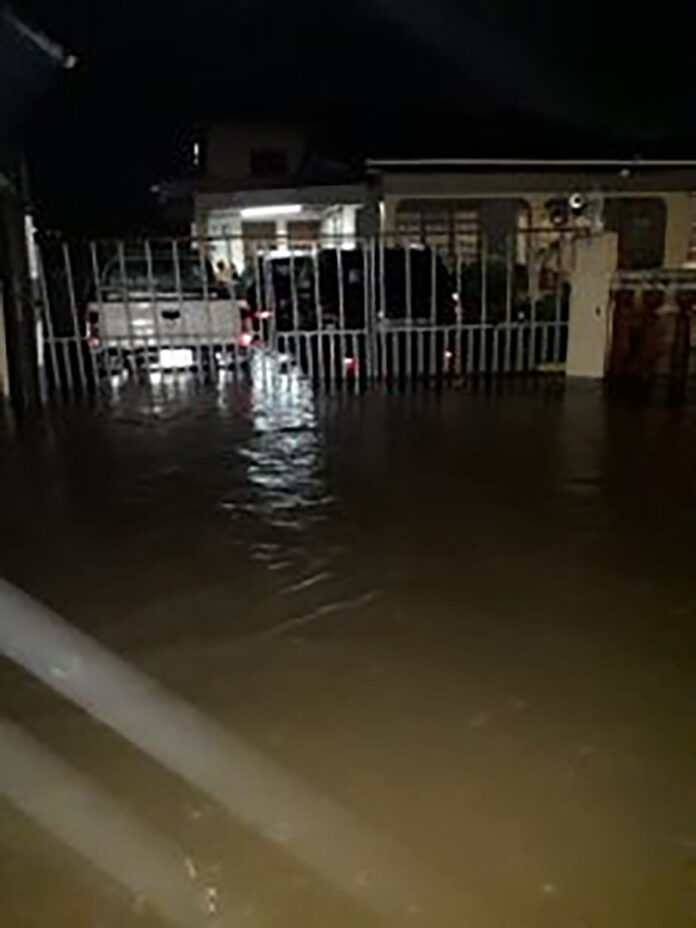By Elesha George
Understanding of an anticipated early warning flood management system will help hundreds of residents in three districts across Antigua to avoid flooding during adverse weather events.
The World Meteorological Office (WMO) and the National Office of Disaster Services (NODS) have proposed flood management projects for St Mary’s North, St John’s Rural West, and St John’s City East – all areas where some level of disaster work has been previously undertaken.
They are gathering information from disaster responders, district disaster coordinators and other safety organisations to establish the most effective ways to reduce flood risks in these communities.
The project is part of efforts to implement a hydrometeorological hazard plan for the country.
As a result, the team will put forward a recommendation to national policymakers for a community-based climate resilient early warning system for floods.
Sherrod James, the acting Director of the National Office of Disaster Services (NODS), explained that the system will help residents to recover as safely and quickly as possible from hazardous situations.
“It is very necessary that we give them the tools to understand what is happening – understand what are some of the things that they can do on the ground to actually alleviate the situation and mitigate flooding in the future,” he said.
“You need to know the type of information that people want, and you also need to develop the type of behavioural activities that you want people to do when they get that information.”
WMO representatives who organised the one-day workshop have emphasised the need for an integrated approach.
Ramesh Tripathi, Project Officer, Hydrological and Water Resources Services Division, WMO, told Observer that part of his job is to help disaster relief partners better understand the types of strategies they need to implement in each community.
“There are different agencies at the national level working and then at the community [level]. So, they need to come together and build coordination or collaboration in order to ensure that the community receives warning and then communities are responding to this warning in a way that there is less damage to their lives or to their property,” he explained.
Stephanie Gallasch, a representative of the Cruise Caribbean Project, said they must take into consideration the needs of the country and the region when proposing concept projects that are beneficial.
Federico Gomez-Delgado, Professional Officer for the WMO Office in Region 4 which includes Caribbean countries, further explained that the WMO is pushing for impact-based forecasts so that information gets to the people most affected in a way they understand, before disasters occur.
“The big challenge is to be able to get to the people who are really getting affected because we do nothing creating these great models if these things continue to happen,” he noted.

